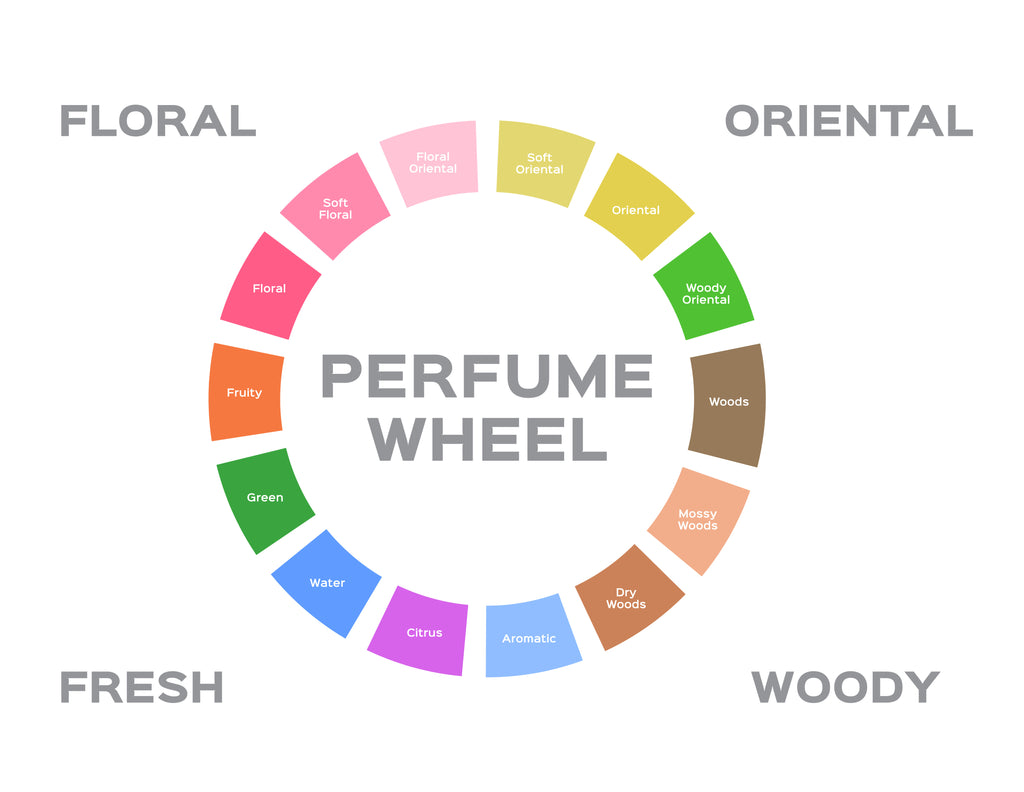
I hate cancel culture. I hate doing things just to be politically correct. And I hate doing things because of peer pressure. So, when the terms “amber” and “ambery” started to enter the fragrance industry in an attempt to replace “oriental”, I wasn’t only resistant, I was angry. However, I did question whether I should succumb to pressure. After all, I run a business and it is not personal. Still, I continued to stand firm and not conform to yet another attempt to change age-old monikers. I learned as a youngster in school that it was inappropriate to refer to someone from Asia as “oriental”, as the term “oriental” should refer to things (not people) from The Orient. That is why I had no desire to use the term “ambery”. Oriental fragrances are inspired from ingredients from The Orient. How is this offensive? Is this even considered a problem to Asians?
Then I saw an Instagram post that explained that the term “oriental” came from colonizers, and I had to re-think my position. As an American of African descent, the aspect of colonization took the name issue to another level. Look at the destruction colonization caused to the continent of Africa, and to its people, even to this day. I was then inspired to do more research and see if using the term “oriental” was more of an issue than just being politically incorrect.
I started out by picking up a good old-fashioned dictionary (yes, I still own one!) to get a simple definition, which was “the countries of eastern Asia”. Next, figuring it was a good idea to see what actual Asians thought about the term, I looked at an article from the Japan Society, which explained how the term “oriental” was synonymous with “the East”. Basically, this term lumps together countries that have vast differences, such as Lebanon and Korea. But, in my opinion, what is also problematic is the question- east of what? Clearly, that is a relative term. Although “The Orient” is east of Europe, it is not to the east of all countries, making this an extremely Eurocentric term.
As a side note, I attempted to find the word “ethnocentric” in the dictionary to ensure that I was using the term in the true sense of the meaning before using it (I determined I wasn’t, and that the correct word was Eurocentric). Interestingly, it is not in the Miriam-Webster dictionary published in 1997 that I own… However, located very close to where “ethnocentric” would have been was the word “ethnic”. As part of a race that is often referred to by this term, I read the definition out of curiosity. In the bracket explaining the etymology of “ethnic” was the word “heathen”. This just underscores the importance of the history of words. But, I digress… (I will note that I saw an entry for the term by Miriam-Webster when I looked up the term online.)
I’m not mad at people and business who continue to use the term “oriental” to classify certain fragrances; I totally get it. However, it does help to be aware of the history of the term before making that decision. When you know better, you do better.
Fragranced Regards,
Aiesha
